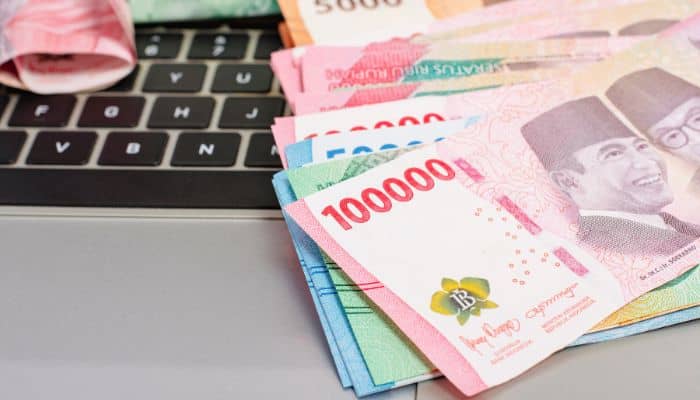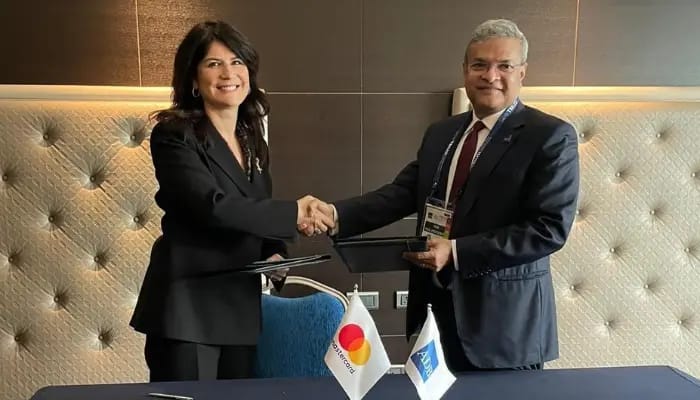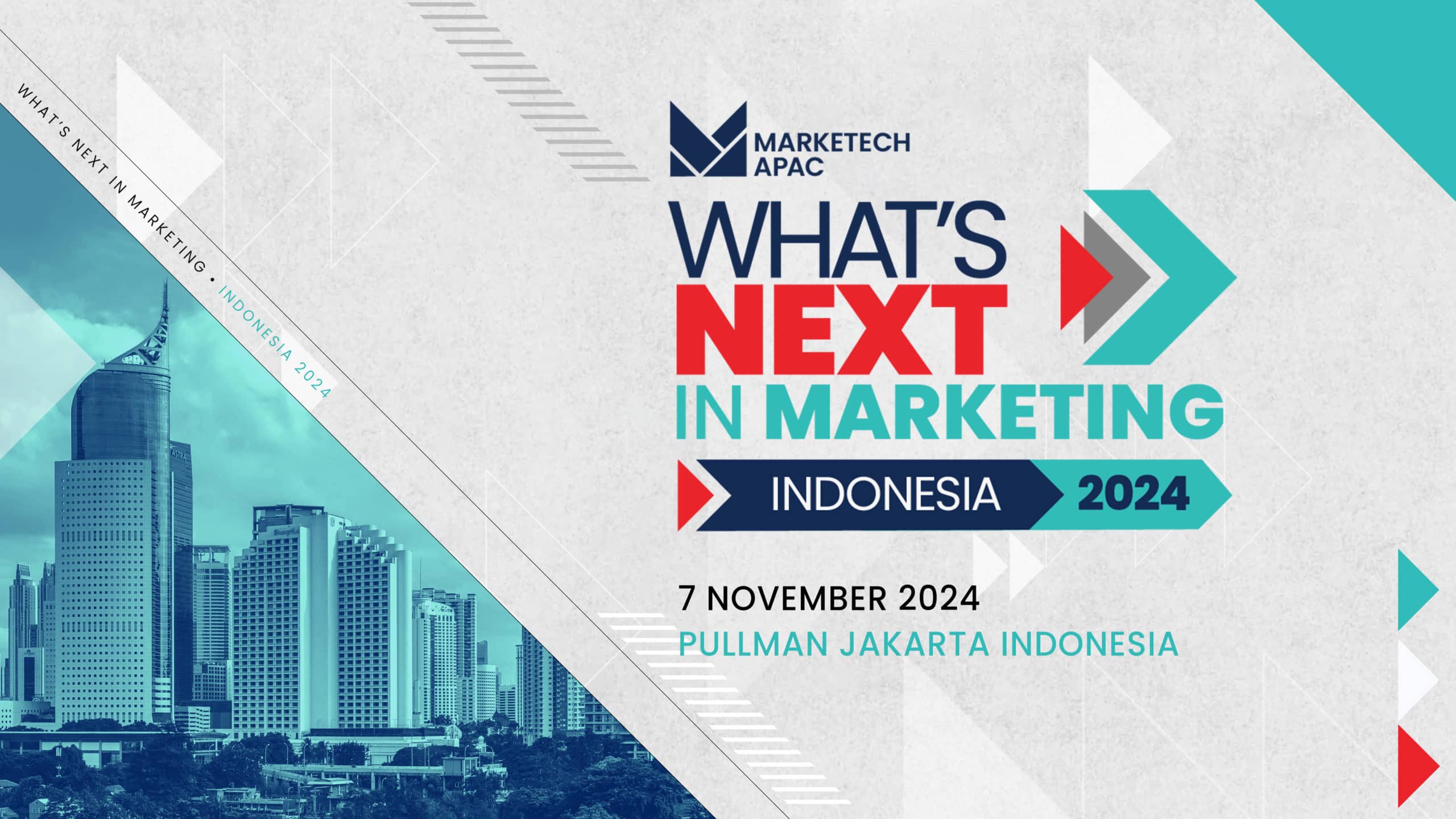Jakarta, Indonesia – Despite improvements from the previous year, only 46% of MSMEs have fully separated their business and personal finances, which could impact cash flow and business sustainability. This is according to the latest data from PT Bank OCBC NISP Tbk (OCBC) and NielsenIQ (NIQ) Indonesia’s Business Fitness Index (BFI).
The data showed that MSMEs registered as business entities tend to have a better understanding of financial management systems and business risk planning. This results in a healthier financial score of 60.2, compared to those without an entity, who score 47.4.
This is attributed to having clearer and measurable business plans, targeted business strategies, and proper, regular, and orderly financial recording, which can serve as an accurate basis and benchmark for business continuity.
Moreover, with separate business accounts, financial record-keeping can become more organised and well-documented. The good news is, the awareness amongst MSMEs in Indonesia regarding meticulous financial record-keeping has increased, evidenced by 77% of MSME operators who have already conducted financial accounting or bookkeeping. However, of those who have done financial record-keeping, 77% still perform it manually.
The report also showed MSMEs in Indonesia are improving in financial management as seen from the increase in scores for maintaining cash reserves, influenced by higher income compared to expenditure. Hence, generally, this year the financial health score of MSMEs has increased to 48 compared to last year’s 43.8. Although there has been an increase, this score is still in the ‘caution’ category and far from the ideal score of 75.
MSMEs have also begun to harness digitalization in their marketing efforts. Up to 81% of MSMEs already have social media accounts, yet only 35% understand and maximize its features. Regarding the intensity of usage, 46% of MSMEs with social media accounts are not active enough in their use.
The utilisation of e-commerce/online platforms is also not optimal, with only 17% of MSMEs using this platform. This means MSMEs must be more proactive in exploring digital platforms that can connect them with customers and potentially expand their business scope.
Sari Kartika, SME proposition division head at OCBC, said, “Separating business and personal income is an essential first step for MSMEs to advance to the next level, especially by utilizing a business entity identity. However, many entrepreneurs face challenges in opening business accounts, mostly related to processing time and documentation requirements.”
Lastly, the research shows that currently, both female and male entrepreneurs are increasingly optimistic about their business capabilities. Interestingly, 23% of male entrepreneurs agree that female entrepreneurs are better at managing business finances and securing business capital, compared to 10% who stated males are better. Meanwhile, male entrepreneurs are considered more capable in critical aspects, such as making business decisions, facing business challenges, and allocating more time for business.
Inggit Primadevi, director of consumer insights at NIQ Indonesia, commented, “Research results show that 80% of MSMEs are not registered as business entities, and only 3% of Indonesian MSMEs are registered as single shareholder limited companies. Among those registered, small enterprises are the majority, while micro enterprises are significantly lower. These results indicate a need for improvement to elevate MSMEs to the next level.”


















